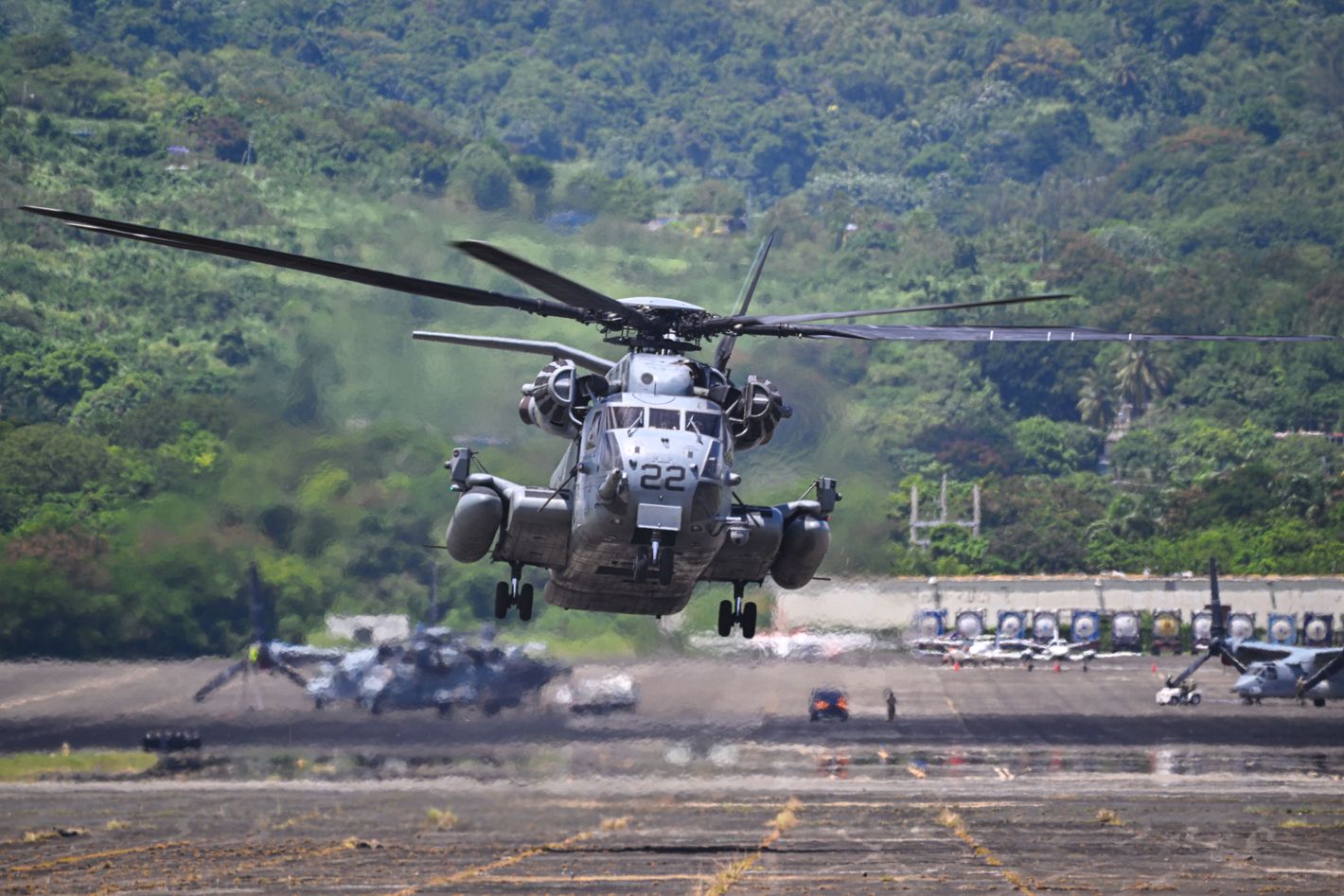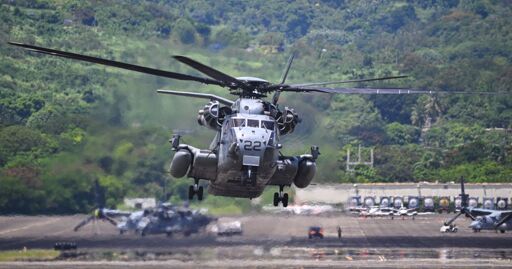
Photo: Miguel J. Rodriguez Carrillo/Getty Images
As Donald Trump takes a victory lap — almost deserved — over the tentative cease-fire and peace deal his administration negotiated between Israel and Hamas, it is easy to forget about the regime-change war America might be fomenting in Venezuela.
Trump’s negotiations in the Middle East allow him to play into the myth that he’s a “peace” president or that, at least to some degree, following through on his “America First” vision for a more isolationist foreign policy. When it comes to Venezuela, Trump is a lot like many of his warmongering predecessors — pursuing a sinister, lawless plan that may culminate in the toppling of a foreign government. And if Trump’s words are to be believed, Colombia may be next.
Just a few days ago, the Trump administration authorized covert operations by the CIA in Venezuela, most likely ruling out continued diplomacy with President Nicolás Maduro. That comes as the U.S. continues to target alleged drug traffickers with missile strikes in Venezuelan waters. There has been no consideration given to whether the passengers on these boats are innocent; there is no hard evidence, even, that these boats were carrying drugs. The strikes are likely illegal under maritime law, violate human-rights conventions, and contradict longstanding U.S. military practices — not that Trump cares about any of this.
Now the U.S. military has stationed three guided-missile destroyers, one guided-missile cruiser, a nuclear attack submarine, the amphibious 22nd Marine Expeditionary Unit, and ten F-35 fighter jets in or near Venezuelan waters, raising the number of active troops in the area to 10,000. As the writer Juan David Rojas recently pointed out, the last time the U.S. amassed this kind of military force in the southern hemisphere might have been during the 1989 invasion of Panama, when Manuel Noriega was ousted. If these forces aren’t yet large enough for a mass invasion of the nation, they soon may be enough for a Libya-style intervention that directly kills government officials and triggers the collapse of the Maduro regime.
The targeting of Venezuela may be a way for certain high-ranking officials in the MAGA realm, including Secretary of State Marco Rubio, to steer military action away from Mexico. In April, the Trump administration weighed launching drone strikes on Mexican drug cartels, which, if pursued in earnest, would severely damage trade relations and cooperation on migration and security and lead, in every sense, to a full-blown international crisis with a border country. But while Mexico is deeply connected with America’s synthetic drug trade, the focus on Venezuela makes no sense. At best, Venezuela functions as a transit country for a small amount of Colombian cocaine. Trump is claiming each boat bombed in the Caribbean is responsible, somehow, for the deaths of 25,000 Americans, although it’s fentanyl causing overdoses in the U.S. Neither Venezuela nor Colombia produce fentanyl.
Maduro is a dictator who has immiserated his own nation. But as Americans learned in Libya, Afghanistan, and Iraq, forcing out a despot does not mean a nation suddenly enters a new era of harmony and tranquillity. In a power vacuum, violence and chaos only escalate. A post-Maduro government cannot simply engineer a safer, freer Venezuela; Chavismo has ruled Venezuela for nearly 30 years, and erecting any counter or replacement institutions would likely take decades and be the kind of nation-building exercise that MAGA isolationists claim they want to avoid. The instability would also lead to a greater migration wave into the U.S., another outcome Trump has claimed he wants to forestall.
Hawks like Rubio view Venezuela as a leftist usurper that must be defeated at all costs, forgetting how difficult it would be to enact their grand delusions of a more American-friendly regime. American soldiers, if ever deployed to Venezuela, would face threats beyond even what they encountered in the Middle East. There are a range of sophisticated armed actors: the Colombian-Venezuelan National Liberation Army and FARC is estimated to number in the thousands across both countries, and each group has pledged to defend the “Bolivarian Revolution” of Hugo Chávez and Nicholas Maduro if foreigners ever invade. Various transnational gangs, including Tren de Aragua, and other local paramilitaries are awash in advanced weaponry. Venezuela’s armed forces are significant as well.
Is this the kind of fight the Trump administration will have the stomach for? How closely does it want to flirt with overthrowing Maduro and attempting to manage a nation of criminal gangs, warlords, and competing political factions that make nation-building in the Middle East seem almost feasible? And beyond hard-line Venezuelan Americans, are there even any Trump voters enthusiastic about the idea?
Americans should be deeply alarmed over the catastrophe the Trump administration is potentially courting. They should hope, too, the even more disastrous plan of a Mexican bombing campaign never comes to fruition. If Trump presses on in either country, he will have betrayed yet another promise of his presidential campaign: to keep America out of further international quagmires. Trump is an inveterate liar, so this betrayal, perhaps, should be expected.
From Intelligencer - Daily News, Politics, Business, and Tech via this RSS feed

